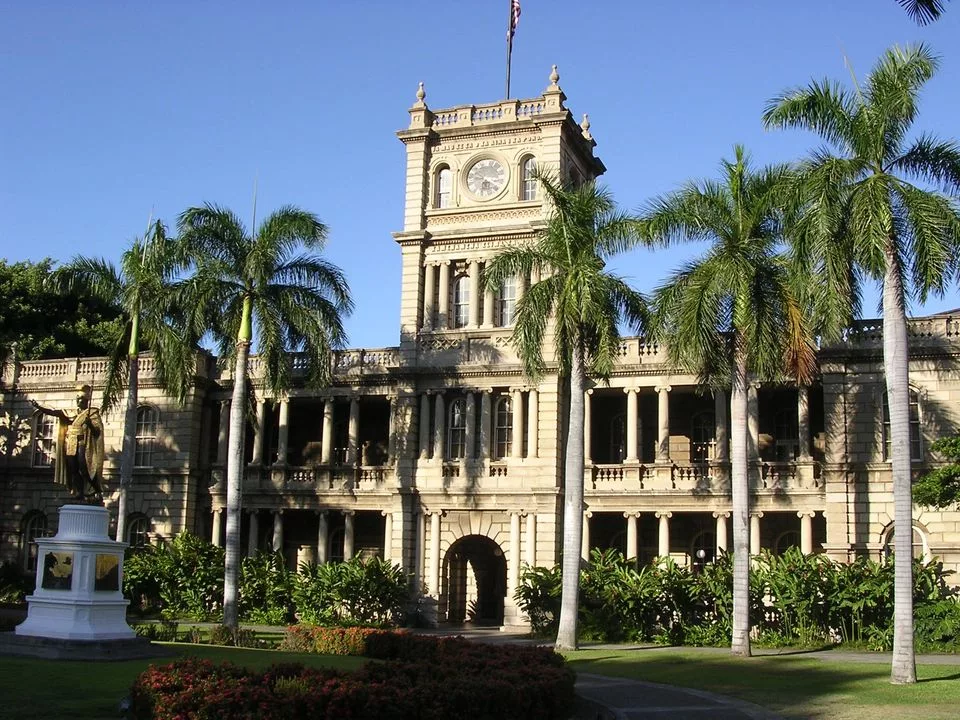On Tuesday, May 16th, the Governmental Operations and External Affairs Committee of the Hawai‘i County Council will review Bill 48, which proposes the creation of an Office of Sustainability, Climate, Equity, and Resilience (OSCER) under the office of the Managing Director
The bill, introduced by Council Chair Kimball and Council Member Villegas, also creates a new chapter in the Hawai‘i County Code dedicated to these policy areas.
OSCER will be responsible for coordinating and managing policies to promote the County’s sustainability and resilience, in response to the impacts of climate change and other natural and human-caused hazards. The bill also seeks to promote environmental justice and equity by ensuring that all programs conducted by the office will consider the impacts of such programs on lower- and middle-income individuals and historically marginalized groups, and to ensure that the benefits of such programs reach all residents of the county.
Council member Villegas stated, “The creation of the OSCER will ensure that the County of Hawai‘i continues to align itself with pono priorities, practices, and procedures to mitigate the effects of climate change, promote sustainability and build resilience. I’m excited personally and professionally for the positive changes and conscious choices, not to mention grants and federal funding, we will have access to once the OSCER is established.”
Council Chair Kimball stated that the elevation of this office to the cabinet level is intended to help ensure coordinated action both internally and externally. OSCER will be led by a Sustainability Administrator, a position filled through civil service recruitment procedures based on merit for a term of six years, with the possibility of renewal for another six years. Moreover, the bill also proposes the establishment of a Climate Action Revolving Fund, which will support policies and programs that promote the objectives of the office and result in cost savings to the County. These cost savings will then be made available to seed new climate action programs.
The design of the office is based on the recommendations from the administration on how best to address the implementation gaps for various sustainability, climate, and resilience plans in the County. It is also intended to align with grant opportunities available through federal programs made possible through the Inflation Reduction Act.
What makes this proposal unique is that the office’s structure is based on the collective impact model, which is used to coordinate and amplify actions to result in the greatest impact. The model includes creating a common agenda, agreeing to shared metrics, engaging in mutually reinforcing activities, and ensuring constant stakeholder communication. OSCER will serve as the coordinating and administrative entity under this model. Overall, the authors of Bill 48 hope that Hawai‘i County can set the example for other jurisdictions as a leader in sustainability, addressing the impacts of climate change, and building community resilience.
“Bill 48 will play a huge role in our administration’s ongoing efforts toward forging a sustainable Hawaiʻi Island where our keiki can thrive and succeed for generations,” said Mayor Mitch Roth in a press release. Mayor Roth continued, “Climate resilience and environmental action must become a core function of the County moving forward to protect and preserve our precious ʻāina and the Hawaiian cultural practices that are directly connected to it. We want to thank Chair Kimball and Councilwoman Villegas for their political will and courage to take action and address some of the most pressing matters of our time.”

2024-2025 Hawaiʻi Hunting Stamp Contest Winners Announced
The DLNR Division of Forestry and Wildlife (DOFAW) announced the winners of the 2024-2025 Hawai‘i Wildlife Conservation…




